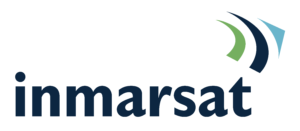Session Leader:
Francis Masuabi – Cyber Security Specialist – Darktrace Limited
Session Title:
The Enterprise Immune System: Using Machine Learning for Next-Generation Cyber Defense
Description:
From insiders to sophisticated external attackers, the reality of cyber security today is that the threat is already inside. A fundamentally new approach to cyber defense is needed to detect and investigate these threats that are already inside the network – before they turn into a full-blown crisis.
Based on unsupervised machine learning and probabilistic mathematics developed by specialists from the University of Cambridge, new ‘immune system’ technologies are capable of learning the ‘self’ of an organization. By analyzing every network, device, and user, and modeling them as they go about their day-to-day activity, the Enterprise Immune System can establish a highly accurate understanding of normal behavior. It can therefore spot abnormal activity as it emerges, and even take precise, measured actions to automatically curb the threat.
Rules and signatures are not keeping pace with today’s rapidly evolving cyber attacks. The Enterprise Immune System represents a fundamental step-change in automated cyber defense, is relied upon by organizations around the world, and can cover up to millions of devices.
Key Takeaways:
• How new machine learning and mathematics are automating advanced cyber defense
• Why 100% network visibility allows you to detect threats as they happen, or before they happen
• How smart prioritization and visualization of threats allows for better resource allocation and lower risk
• Real-world examples of unknown threats detected by ‘immune system’ technology







